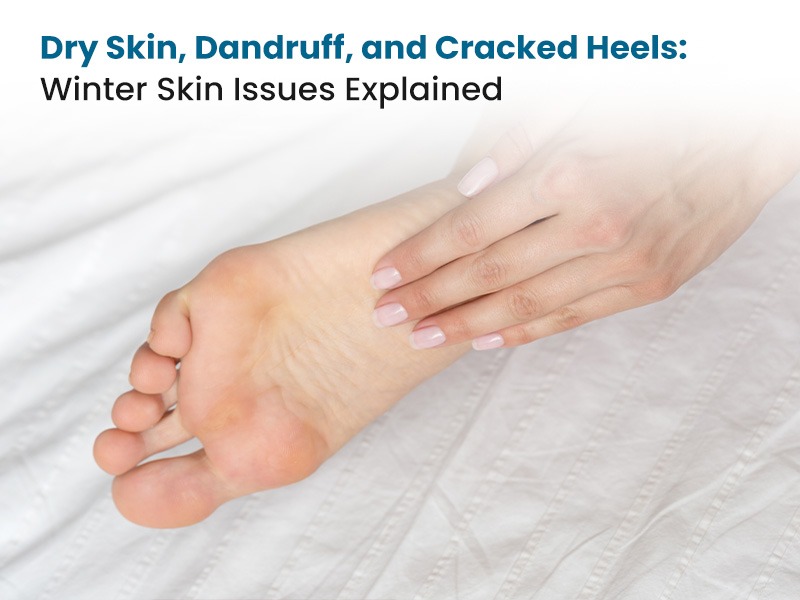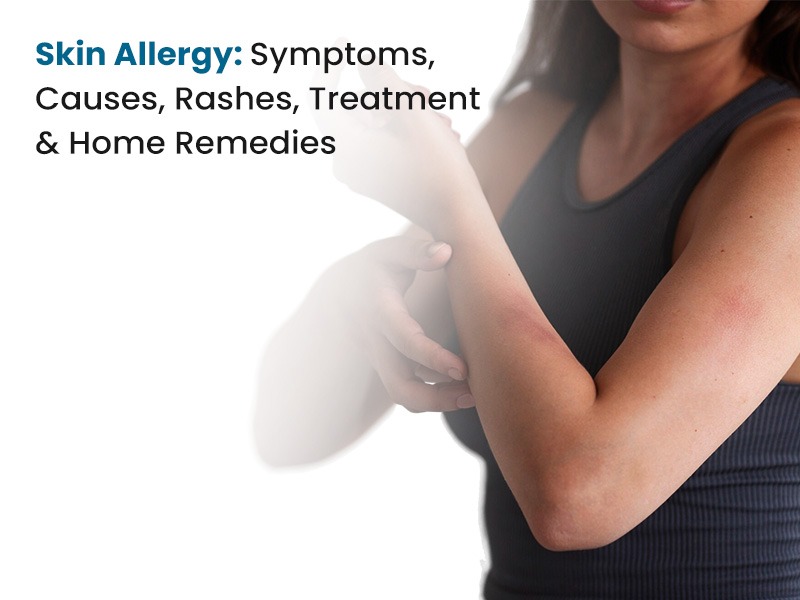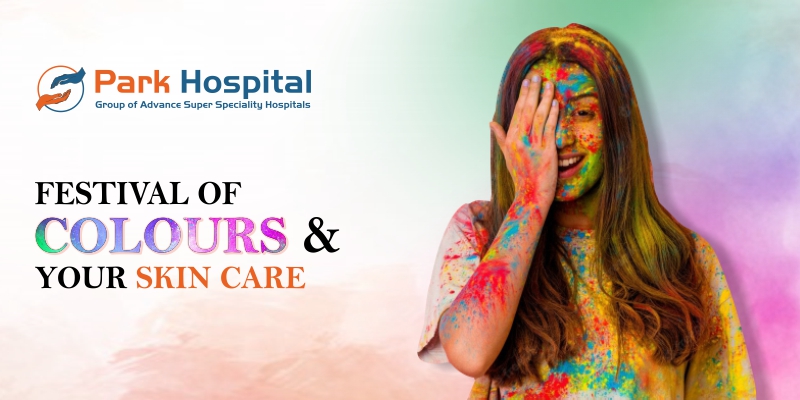Introduction
With the worsening environmental conditions and lifestyles of the population, skin problems are becoming increasingly common. Dermatitis encompasses a variety of conditions that cause inflammation of the skin, disrupting individuals' daily lives. These conditions cause redness, itchy skin, swelling, cracking, and sometimes even blistering, and they cause significant irritation and discomfort in patients.
In the word “Dermatitis,” “derm” means skin, and “itis” means “inflammation.” The word, on the whole, means inflammation of the skin. Skin inflammation can range from mild to severe and can cause various other problems depending on the condition. These conditions are not severe and are not contagious. Individuals can consult the experts at a Skin Specialist Hospital in Delhi for effective medications and treatments.
Types of Dermatitis
Different factors cause dermatitis, but every kind of dermatitis results in skin irritation and swelling. Some kinds last a long time, while others cycle between flare-ups and periods of no symptoms. Some kinds are more common in adults, while others can be more common in children. The various types of dermatitis are as follows:
1. Atopic dermatitis: Popularly known as eczema, it is a kind of dermatitis caused by genetics and environmental factors. It is a chronic condition that causes symptoms in cycles of flare-ups and periods of little to no symptoms. According to the expert Dermatologist in Delhi, it can also make the skin dry, itchy and red.
2. Contact dermatitis: As the name suggests, contact dermatitis is a kind of dermatitis caused when a substance touches your skin and results in an adverse reaction. The irritant substance or allergen can be soaps, detergents, or any other substance that irritates the skin.
3. Dyshidrotic dermatitis: In this kind of skin condition, the skin cannot protect itself, leading to dry, itchy skin and sometimes blisters. It occurs mainly on the hands and feet and can also occur in people who sweat heavily in these areas.
4. Seborrheic dermatitis: It is a skin condition thought to be caused by a yeast fungus that lives on the skin. It is most common on the scalp but can also affect the face, around the ears, and the chest. According to expert Skin Doctors in Delhi, it can cause symptoms like dandruff, scaly patches, and skin discolouration.
5. Other types: Some other types of dermatitis are as follows:
a. Neurodermatitis: This dermatitis causes an itchy patch of skin, which can get triggered by irritants or high-stress levels.
b. Nummular dermatitis usually occurs after a skin injury and causes oval sores.
c. Stasis dermatitis: This condition causes skin discolouration, thickening of texture and other skin changes due to poor blood circulation.
d. Dermatitis neglecta: It is a skin condition caused by the accumulation of sweat, sebum, bacteria, and corneocytes on the skin. This results in the formation of a compact and adherent crust of dirt.
Triggers of Dermatitis
A variety of factors or irritants can trigger a flare-up of symptoms of the skin condition. Understanding the triggers of various types of dermatitis is crucial for the effective management of the condition and its symptoms. Some common triggers, according to the doctors at the Skin Specialist Hospital in Delhi, Park Hospital, are as follows:
1. Harsh substances like Soaps, detergents, shampoos, and cleaning products.
2. Friction
3. Environmental factors such as dry weather, hot water, and excessive sweating
4. Allergens like metals, latex or topical medications.
5. Plants include poison ivy, oak, and sumac.
6. Certain types of fabric
7. Hormonal changes
8. Dust mites
9. Pollen
10. Mold
11. Stress
12. Food allergies
13. Underlying Skin infections
Treatment Approaches for Dermatitis
The treatment options depend on the type and severity of the skin condition. The main aim of the different kinds of treatments is to relieve inflammation and other problems like itchiness, redness and swelling, along with improving the appearance of the skin. The various treatment options, according to the expert Skin Doctors in Delhi, are as follows:
1. Moisturizers: Moisturizers are considered to be the cornerstone of dermatitis treatment. They help replenish the skin’s natural moisture barrier, reducing discomfort.
2. Steroid creams: They prove to be effective solutions to deal with and relieve inflammation of the skin.
3. Calcineurin inhibitors: These medications help reduce skin inflammation and suppress the immune system.
4. Antihistamines: They are effective treatments, particularly for itching caused by dermatitis. They are especially effective at night to manage the condition's symptoms.
5. Phototherapy: In this treatment, provided by an expert Dermatologist at Delhi Park Hospital, the skin is exposed to controlled levels of ultraviolet light to address symptoms and alleviate inflammation.
6. Wet wraps are prescribed in more severe cases and involve soaking the bandages in an excellent saline solution and wrapping them around the affected skin. This helps promote healing, reduce inflammation, and cool the skin.
7. Biologics: This includes the new advanced form of injectable medications that target specific inflammatory pathways in the immune system. This treatment is typically used in severe cases of atopic dermatitis.
Park Hospital: Helping People in Leading a Healthy Lifestyle
No matter how busy people are, they should try to maintain a healthy lifestyle with a balanced diet, stress management, and regular skincare regimens to protect their skin against various skin conditions. Park Hospital, the prominent Skin Specialist Hospital in Delhi, works tirelessly to inform people about the importance of a healthy lifestyle and provides advanced treatments to address various kinds of skin conditions at an affordable price.















